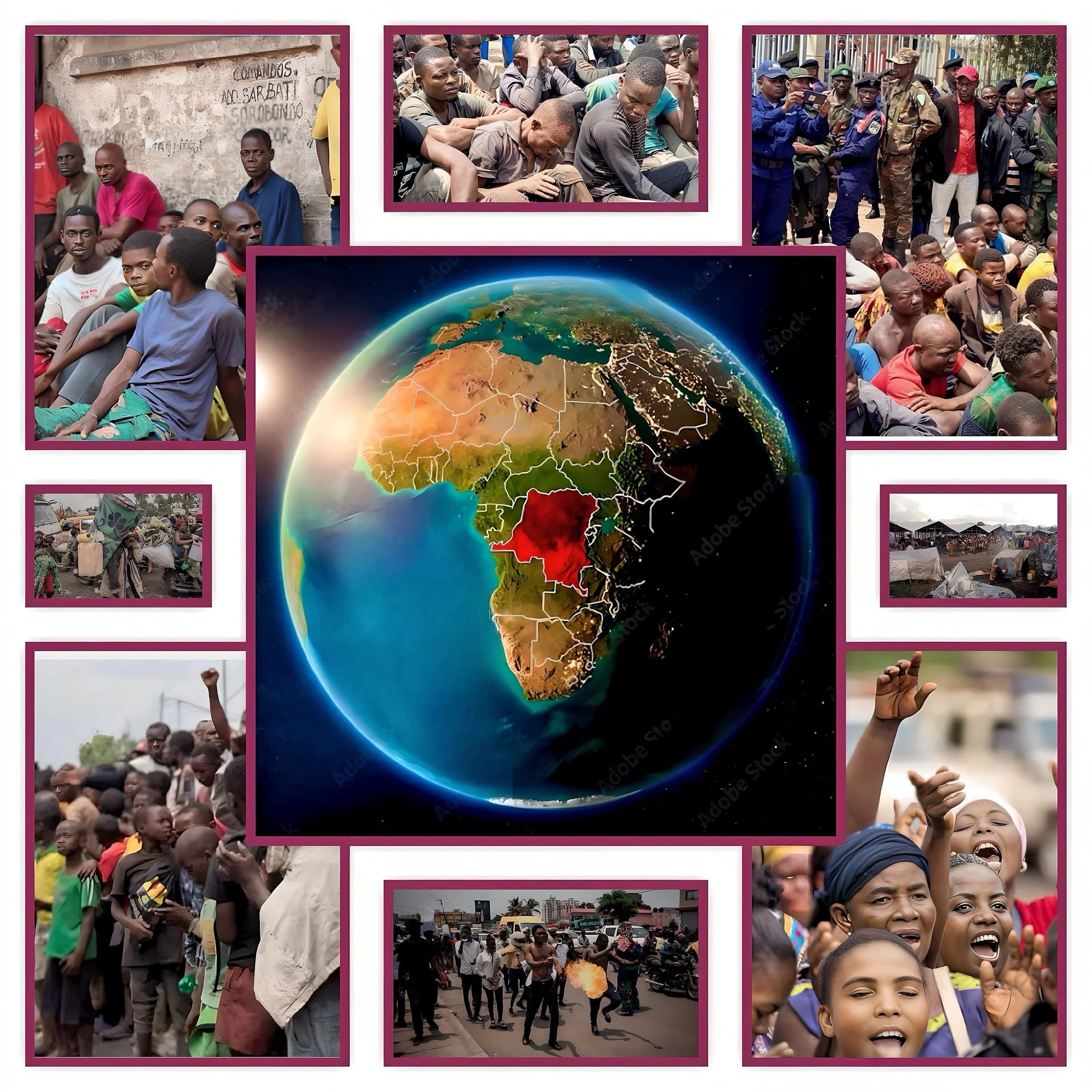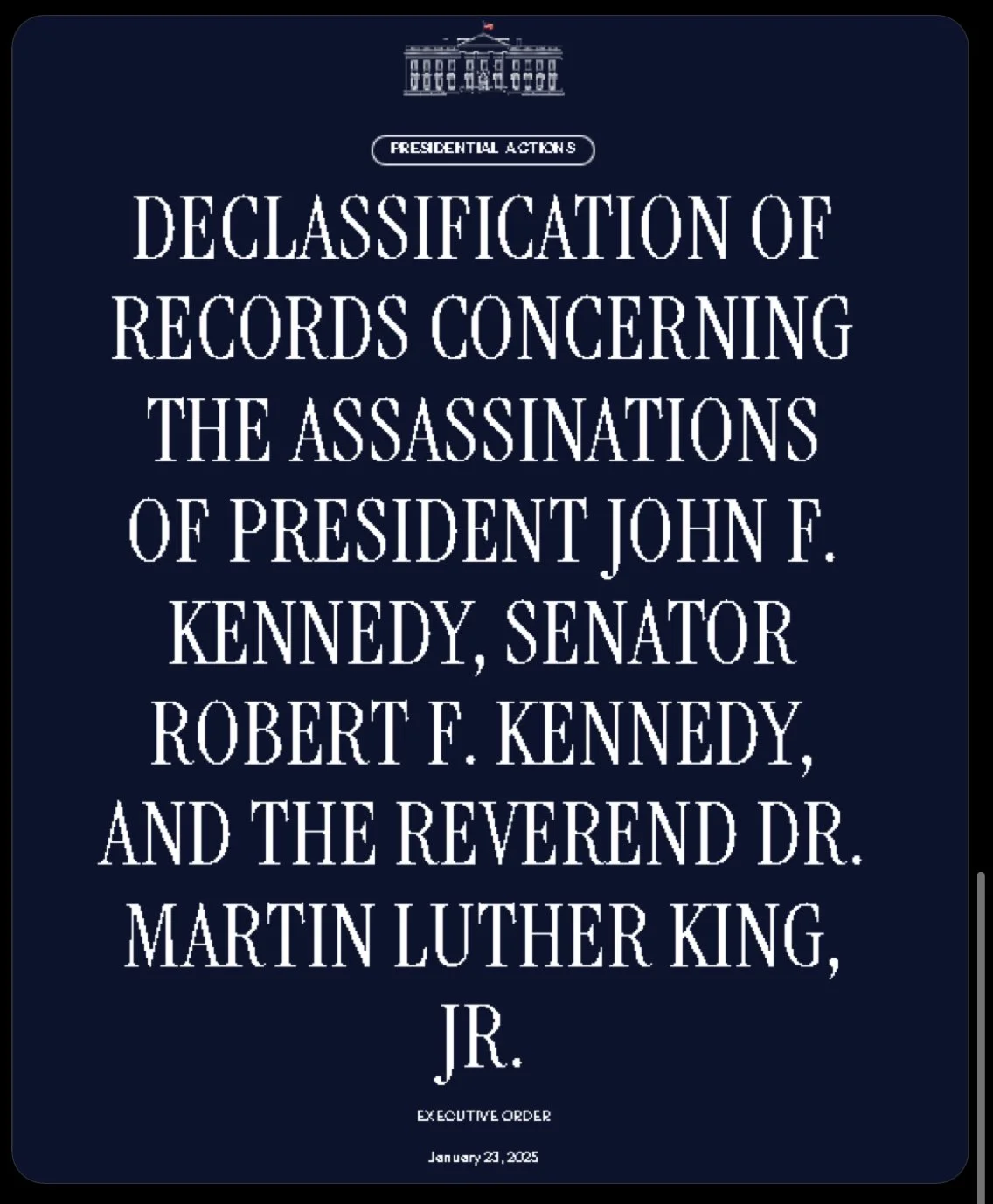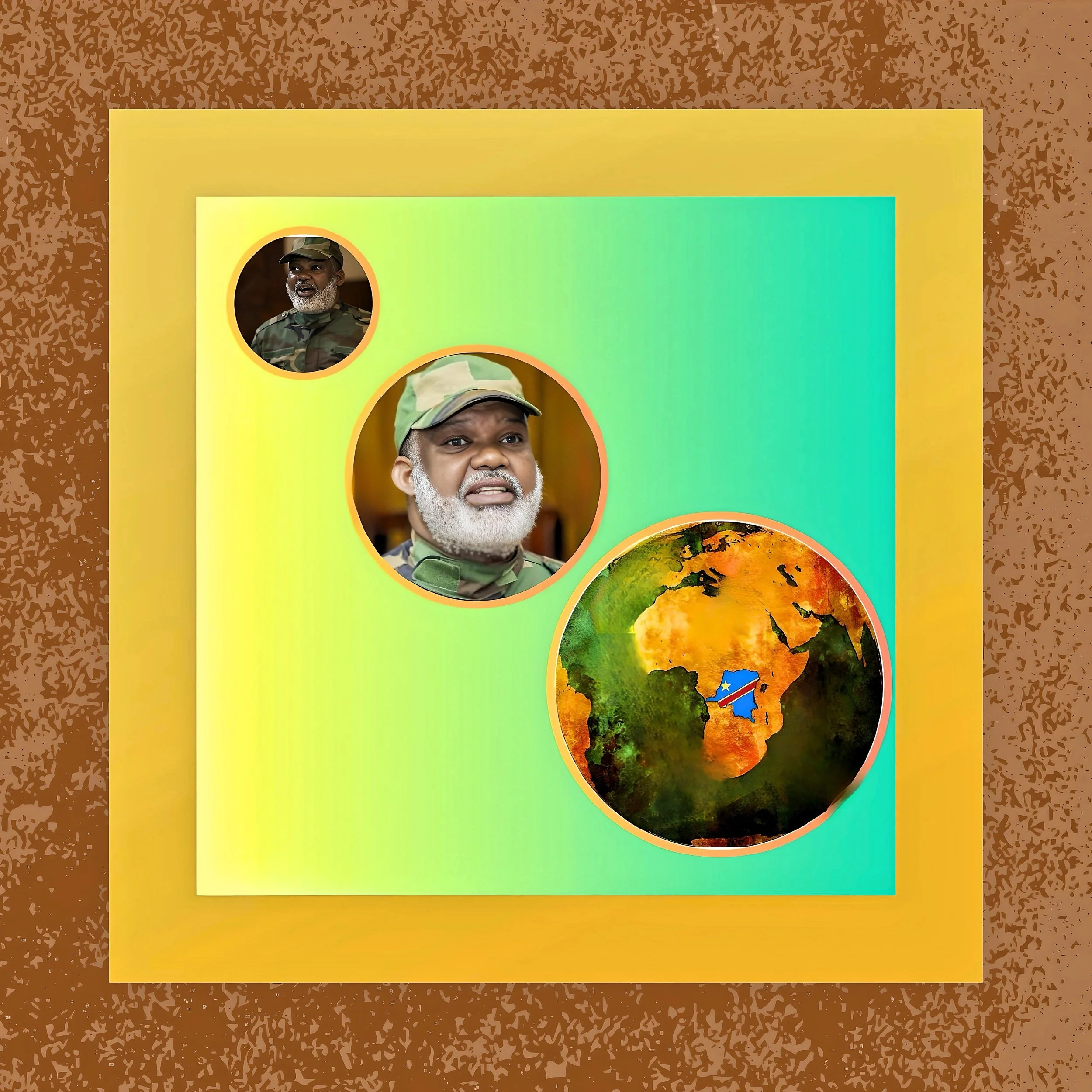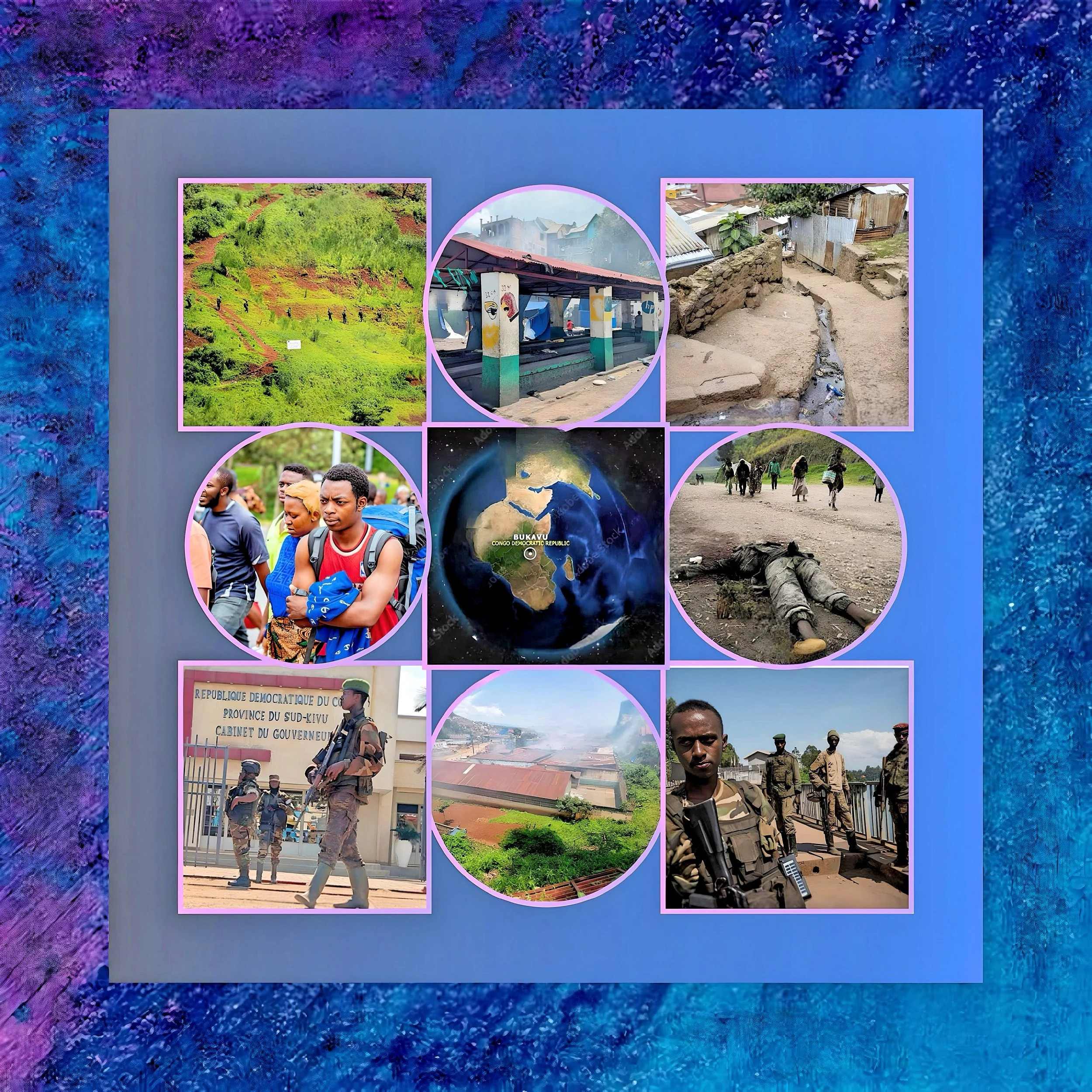Key reasons for violence in DRC Congo? What is international community support
Introduction
The ongoing violence in the Democratic Republic of Congo (DRC) stems from a complex interplay of factors that have plagued the country for decades. Here are the key reasons for the persistent conflict:
Root Causes of Violence
Ethnic Tensions and Colonial Legacy
The colonial legacy continues to fuel ethnic tensions in the DRC. European colonial powers drew borders with little regard for historical rivalries, grouping diverse ethnic groups together. This has led to deep divisions between ethnic groups, exacerbating conflicts over land and resources.
Natural Resource Exploitation
The DRC is rich in valuable minerals like coltan, gold, diamonds, and cobalt. The fight for control over these resources has been a significant driver of prolonged conflicts between various armed groups. International demand for these minerals has fueled exploitation and violence.
Poor Governance and Weak State Authority
Decades of poor governance and weak state authority, especially in the eastern provinces, have allowed armed groups to thrive. The absence of effective government control has created power vacuums that various militias exploit.
Spillover from Neighboring Conflicts
The 1994 Rwandan genocide had a significant impact on the DRC, with Hutu refugees fleeing to eastern DRC and contributing to regional instability. This has led to ongoing proxy conflicts involving neighboring countries, particularly Rwanda.
Current Situation
The violence in eastern DRC has escalated dramatically in recent months:
Since January 2025, over 237,000 people have been displaced due to intensifying clashes between armed groups and the Congolese army in North and South Kivu provinces.
Nearly 120,000 children have been forced from their homes since the start of 2025.
More than 120 militias and armed groups are actively operating in the eastern provinces.
Sexual violence is being used as a weapon of war, with alarming rates of rape reported in displacement camps.
International Community Response
The international community has taken several steps to address the crisis:
UN Peacekeeping Mission
MONUSCO, the UN stabilization mission, continues to operate in the DRC, though its effectiveness has been questioned and a phased withdrawal is underway.
Humanitarian Aid
UNHCR and partners are implementing a Regional Refugee Response Plan, seeking $690.2 million in 2025 to assist 2.1 million refugees and host communities.
UNICEF and other aid organizations are providing emergency assistance, including child protection services and specialized gender-based violence programs.
Diplomatic Efforts
The Angolan and Kenyan governments are leading mediation efforts between Congo and Rwanda, with backing from the African Union.
The international community, including the East African Community, SADC, African Union, UN, EU, and United States, are urging warring parties to stop attacking civilians and demanding accountability.
Calls for Action
There are increasing calls for the international community to condemn the use of explosive weapons in populated areas and to ensure that military support does not contribute to human rights violations
Efforts are being made to promote refugee self-reliance and resilience, including advocating for refugees’ rights to work and access national services.
Conclusion
Despite these efforts, the situation remains critical, with ongoing violence and displacement continuing to pose severe challenges for the people of eastern DRC.






